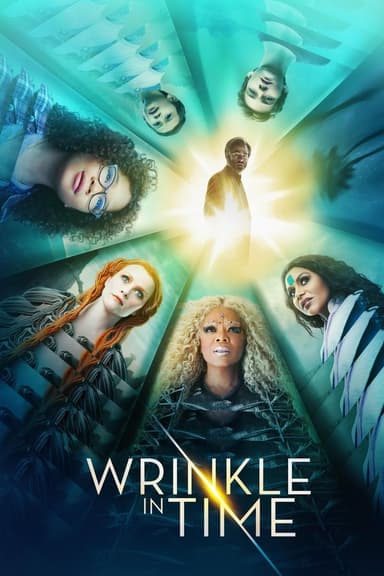
The Wandering Earth
2019 • Action, Drama, Science Fiction • PG-13
When the Sun begins to expand in such a way that it will inevitably engulf and destroy the Earth in a hundred years, united mankind finds a way to avoid extinction by propelling the planet out of the Solar System using gigantic engines, moving it to a new home located four light years away, an epic journey that will last thousands of years.
Runtime: 2h 6m
Why you should read the novel
Liu Cixin’s novella, The Wandering Earth, invites you to experience the extraordinary journey of humanity facing cosmic peril through rich, evocative prose and thought-provoking speculation. Unlike the visual spectacle of the film, the book immerses you deeply in humanity’s psychological landscape—the despair, hope, and ingenuity aroused by slow apocalypse—while exploring the profound scientific implications behind moving our planet. If you savored the film’s premise but long for a more contemplative, philosophical exploration of its core ideas, the novella offers a nuanced storytelling that visuals alone cannot capture.
In reading Liu Cixin’s work, you engage directly with the author’s intricate vision of collective struggle and moral dilemmas. The internal monologues and detailed world-building provide insights into characters’ motivations, ethical quandaries, and the societal shifts necessary for survival—all elements that the adaptation’s fast-paced visuals can only hint at. The slower, more reflective pace of the novella allows for greater emotional resonance and a deeper grasp of the speculative science at play.
Moreover, the original story brims with concepts and scenarios omitted or streamlined in the film adaptation. Reading the source material not only enriches your appreciation for Liu Cixin’s imagination and prose but also illuminates alternative paths the narrative could have taken, broadening your perspective on humanity’s capacity to unite against existential threats.
Adaptation differences
First and foremost, the plot of the movie expands significantly on Liu Cixin’s novella. While the source text focuses more abstractly on the concept and consequences of moving Earth out of the solar system to escape a dying Sun, the film turns this premise into an action-driven disaster story, adding extensive dramatic sequences, visually spectacular catastrophes, and new character arcs that did not exist in the original tale.
Characterization also diverges sharply between book and film. The novella’s narrator is more reflective, with much of the focus on internal emotions and collective psychology. In contrast, the movie introduces a host of new named characters and families, constructing emotional subplots to drive the narrative and create personal stakes, which increases its mass appeal but drifts away from the novella’s philosophical introspection.
Another key difference lies in the depiction of humanity and its response to crisis. Liu Cixin’s original novella is relatively pessimistic, emphasizing the hardships, disillusionment, and even existential despair facing humanity. The film, however, reflects a more optimistic, can-do spirit, emphasizing unity, sacrifice, and heroism through the resourceful actions of its protagonists, resulting in a more uplifting, patriotic mood than the bleaker story Liu told.
Finally, the scientific explanations and ideas are often simplified or altered in the movie adaptation. The novella delves into the immense physical, social, and cultural challenges of moving Earth, spending more effort on the logistics and consequences over millennia. The film, by necessity, compresses timelines, streamlines scientific details, and focuses on immediate threats, trading long-term contemplation for immediate spectacle. This results in two distinct experiences: the novella fosters philosophical pondering, while the movie aims to thrill and inspire.
The Wandering Earth inspired from
The Wandering Earth
by Liu Cixin










